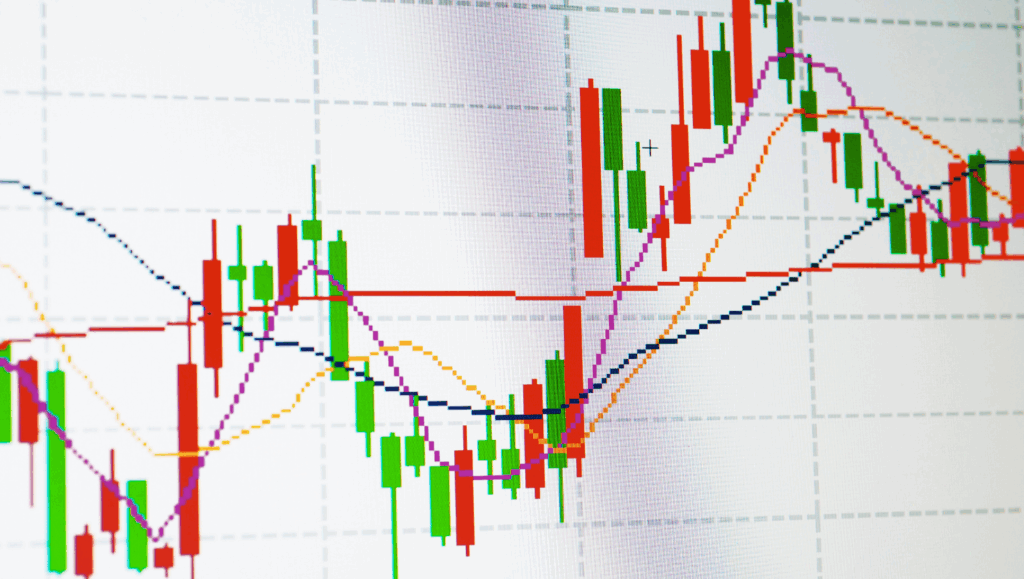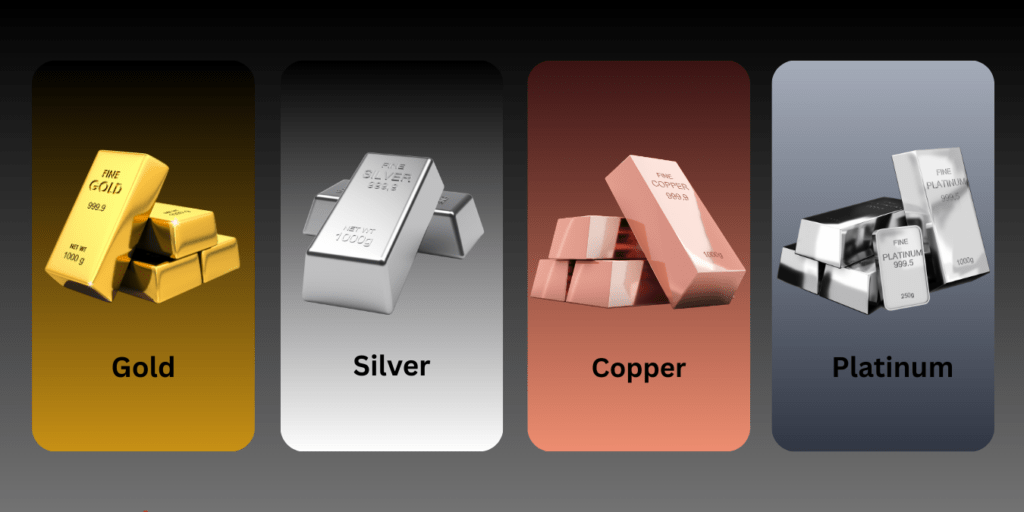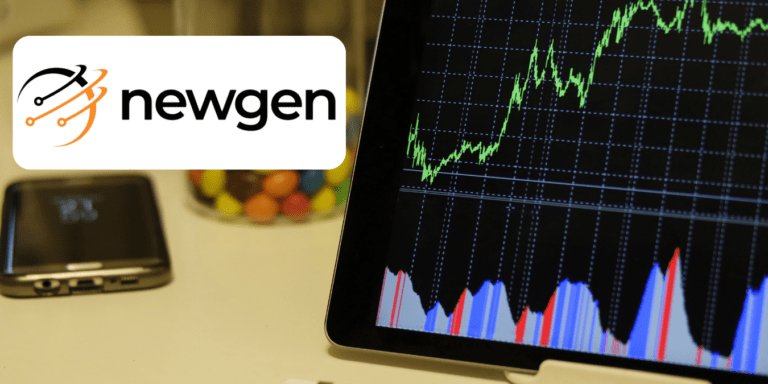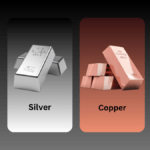Review of Penny Stock Welcure Drugs & Pharmaceuticals Limited

Welcure Drugs & Pharmaceuticals, a volatile penny stock with high return potential. Explore its financials, business pivot, pros, cons, and peer comparisons in this detailed 2000-word analysis. Ideal for speculative investors seeking insights into this risky yet intriguing pharmaceutical stock.
Welcure Drugs & Pharmaceuticals Limited (WELCURE, BSE: 524661), established in 1992 and headquartered in Delhi, India, is a penny stock in the pharmaceutical sector, currently trading at ₹13.60 as of June 30, 2025. The company historically engaged in manufacturing and marketing pharmaceutical formulations, including tablets, capsules, dry syrups, antibiotics, vitamins, analgesics, and other drugs. However, recent reports indicate it no longer has significant operations and primarily focuses on wholesale pharmaceutical and medical product activities. Its market capitalization is approximately ₹153.02–170.34 crore, classifying it as a small-cap stock.
The company has recently pivoted to export-sourcing assignments, acting as a procurement agent for overseas clients, earning a fixed commission (e.g., 5% on ₹299.91 crore orders in Q1 FY2025–26). This shift, combined with its penny stock status (priced under ₹100), high volatility, and speculative nature, warrants a critical examination of its investment potential, financial health, and market positioning.
Financial Performance
Welcure’s financials reflect both growth and inconsistency, typical of penny stocks. As of December 2024, the company reported revenue of ₹8.84 crore and a net profit of ₹0.41 crore for Q4 2024, a significant improvement from a ₹0.03 crore loss in the same quarter of 2023. In Q3 2024, sales reached ₹24.55 crore with a net profit of ₹1.84 crore, compared to no sales and a ₹0.10 crore loss in Q3 2023. Annual revenue for FY2025 was ₹33.4 crore, with a profit of ₹1.88 crore.
However, the company’s return on equity (ROE) is concerning, averaging -3.02% over the last three years, indicating poor efficiency in generating profits from shareholders’ equity. The price-to-earnings (P/E) ratio varies across sources, ranging from 32.79 to 79.68, significantly lower than the industry median of 588.61, suggesting potential undervaluation but also reflecting low earnings. The price-to-book (P/B) ratio, ranging from 1.42 to 1.66, is discounted compared to peers’ median of 2.15, further hinting at undervaluation but also potential market skepticism.
Welcure’s recent export orders, including ₹85.6 crore from Giant Exim and Ravina International and a ₹517 crore mandate from Thailand’s Fortune Sagar Impex, are fee-based, reducing inventory risk and boosting margins. However, the company’s lack of significant operations raises questions about the sustainability of this model, as it relies heavily on external contracts rather than core manufacturing.
Stock Performance
Welcure’s stock has shown remarkable short-term gains, with a 173.09% return over the past year and 70.21% over three years, outperforming the BSE Sensex in the short term but underperforming the pharmaceutical industry’s 32.5% return. The stock hit a 52-week high of ₹15.81 and a low of ₹4.30, reflecting high volatility (9% weekly, higher than 75% of Indian stocks). Its recent 5% upper circuit after securing ₹299.91 crore in export orders underscores speculative investor interest.
Despite these gains, the stock’s volatility and penny stock nature make it a high-risk investment. The increased trading volume over the past three months suggests growing market interest, but this could also indicate speculative trading rather than fundamental strength.
Business Model and Operations
Welcure’s historical focus was on manufacturing pharmaceutical formulations, with a facility in Bhiwadi, Rajasthan, compliant with ISO-9002 and WHO-GMP standards. Its product range included bulk drugs like ampicillin, trimethoprim, and formulations such as WELCEE, WELGESIC, and X-DRYL. However, its current lack of significant operations suggests a strategic pivot to a service-based model, acting as a procurement agent for export orders. This shift reduces operational risk but limits scalability and long-term growth potential, as it depends on external clients and lacks proprietary production.
The company’s certifications and past collaborations (e.g., with Advanced Medical Care Inc., New Jersey) indicate some operational credibility, but its reliance on fee-based sourcing raises concerns about revenue stability. The recent increase in authorized share capital from ₹116 crore to ₹186 crore could signal expansion plans but also risks dilution for existing shareholders.
Management and Corporate Governance
Promoters, including Pradeep Dnyaneshwar Terse and others, have maintained stable holdings over the past six months, reflecting confidence in the company’s direction. However, the lack of transparency about management’s long-term strategy and the company’s pivot away from manufacturing raises red flags. Penny stocks like Welcure often face scrutiny for potential mismanagement or lack of oversight, increasing investor risk. The board’s recent approval of a postal ballot for director appointments suggests ongoing governance activity, but details are limited.
Pros
- High Return Potential: Welcure’s stock has delivered a 173.09% return over the past year, appealing to speculative investors seeking high gains.
- Low Entry Cost: Priced at ₹13.60, the stock allows investors to purchase large quantities with minimal capital, amplifying potential returns.
- Fee-Based Revenue Model: Recent export-sourcing orders (e.g., ₹299.91 crore in Q1 FY2025–26) generate fixed commissions without inventory risk, improving margins.
- Debt Reduction: The company is nearly debt-free, with reduced working capital requirements (from 74.6 to 45.4 days), indicating improved financial health.
- Undervaluation: Low P/E (32.79–79.68) and P/B (1.42–1.66) ratios compared to peers suggest the stock may be undervalued.
Cons
- High Volatility: Weekly volatility of 9% and a 52-week range of ₹4.30–₹15.81 make it a risky investment.
- Lack of Significant Operations: The company’s shift from manufacturing to procurement raises concerns about long-term sustainability.
- Poor ROE: A -3.02% ROE over three years indicates inefficiency in generating shareholder value.
- Regulatory and Market Risks: As a pharmaceutical penny stock, Welcure is vulnerable to regulatory changes, clinical trial outcomes, and market volatility.
- Limited Transparency: Small-cap penny stocks often lack detailed public information, complicating due diligence and increasing fraud risk.
Comparison with Peers
Welcure’s peers include pharmaceutical and engineering firms (due to some classifications under castings/forgings), such as Bharat Forge, AIA Engineering, PTC Industries, Sun Pharma Advanced Research, Aarti Drugs, and Morepen Laboratories. The table below compares key metrics:
Company | Market Cap (₹ Cr) | P/E Ratio | P/B Ratio | ROE (%) | Revenue Growth (5Y, %) | Operational Focus |
Welcure Drugs | 153.02–170.34 | 32.79–79.68 | 1.42–1.66 | -3.02 | 2.38 | Export procurement, no significant manufacturing |
Bharat Forge | 68,000+ | 49.50 | 6.50 | 12.80 | 8.50 | Forgings, auto components, defense |
AIA Engineering | 40,000+ | 35.20 | 5.80 | 15.60 | 7.90 | Wear-resistant castings |
PTC Industries | 2,000+ | 120.00 | 10.50 | 8.40 | 12.30 | Precision castings, aerospace |
Sun Pharma Adv. Research | 7,500+ | N/A (loss-making) | 15.00 | -25.00 | 5.60 | R&D (oncology, neurology) |
Aarti Drugs | 4,800+ | 25.60 | 3.50 | 14.20 | 10.80 | APIs, formulations |
Morepen Laboratories | 2,698.67 | 30.40 | 4.20 | 10.50 | 15.20 | APIs, diagnostics, formulations |
Analysis of Peer Comparison
- Market Cap: Welcure’s small market cap contrasts with larger peers like Bharat Forge, aligning more with Morepen Laboratories, but its penny stock status increases risk.
- P/E Ratio: Welcure’s lower P/E suggests undervaluation, unlike high-growth peers like PTC Industries or loss-making Sun Pharma Advanced Research.
- P/B Ratio: Welcure’s discounted P/B indicates market doubt, compared to higher ratios for peers with stronger fundamentals (e.g., Aarti Drugs).
- ROE: Welcure’s negative ROE underperforms peers, who generally achieve positive returns, reflecting its operational inefficiencies.
- Revenue Growth: Welcure’s 2.38% growth lags the industry’s 9.04% and peers like Morepen (15.20%), highlighting its limited scalability.
- Operational Focus: Unlike peers with diversified manufacturing or R&D (e.g., Aarti Drugs’ APIs or Sun Pharma’s innovation), Welcure’s procurement model lacks competitive edge.
Critical Perspective
Welcure Drugs & Pharmaceuticals presents a speculative investment with significant risks. Its pivot to a fee-based procurement model has driven short-term revenue and stock price gains, but the lack of core operations and reliance on external contracts undermine long-term stability. The company’s low P/E and P/B ratios suggest undervaluation, but poor ROE and high volatility reflect underlying weaknesses. Compared to peers, Welcure lags in revenue growth and operational diversity, making it less attractive for risk-averse investors.
The pharmaceutical sector’s regulatory complexities and Welcure’s penny stock characteristics amplify risks, including potential fraud, mismanagement, or sudden price drops due to negative news (e.g., failed contracts). Investors must weigh the high return potential against these uncertainties, conducting thorough due diligence on financials, management, and contract sustainability.
Recommendations
- High-Risk Investors: Welcure may appeal to speculative investors with high risk tolerance, given its low entry cost and recent price momentum. Diversify investments to mitigate volatility.
- Due Diligence: Verify the authenticity of export contracts and monitor regulatory filings for transparency. Use platforms like ICICI Direct or INDmoney for real-time data.
- Avoid for Conservative Investors: The stock’s volatility, limited operations, and poor ROE make it unsuitable for those seeking stability.
- Monitor Peers: Consider alternatives like Morepen Laboratories or Aarti Drugs for better diversification and growth potential within the pharma penny stock segment.
Final Thought
Welcure Drugs & Pharmaceuticals Limited is a high-risk, high-reward penny stock with recent gains driven by export-sourcing orders. However, its lack of significant operations, poor ROE, and high volatility raise concerns about sustainability. While undervalued compared to peers, its limited operational scope and regulatory risks make it a speculative bet best suited for risk-tolerant investors. Thorough research and portfolio diversification are essential before investing.


























